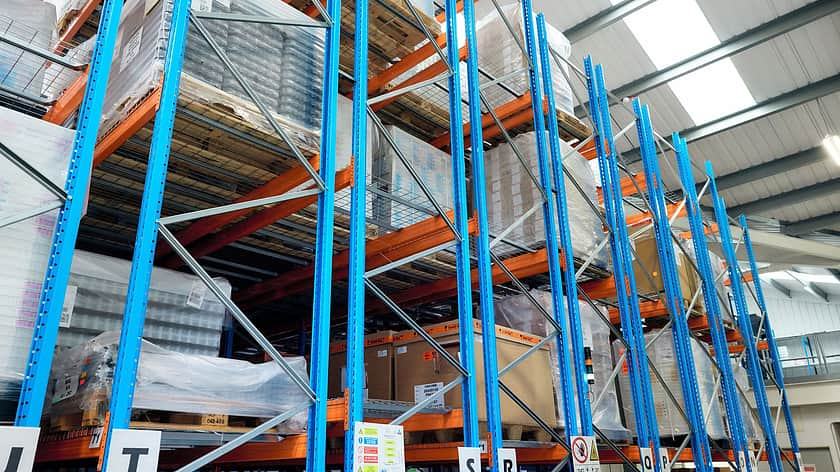
News & Insights
All items
-

-

New Prefillable Syringe Nest Design from SCHOTT Pharma
SCHOTT Pharma Increases Syringe Nest Capacity by 60% Read more -
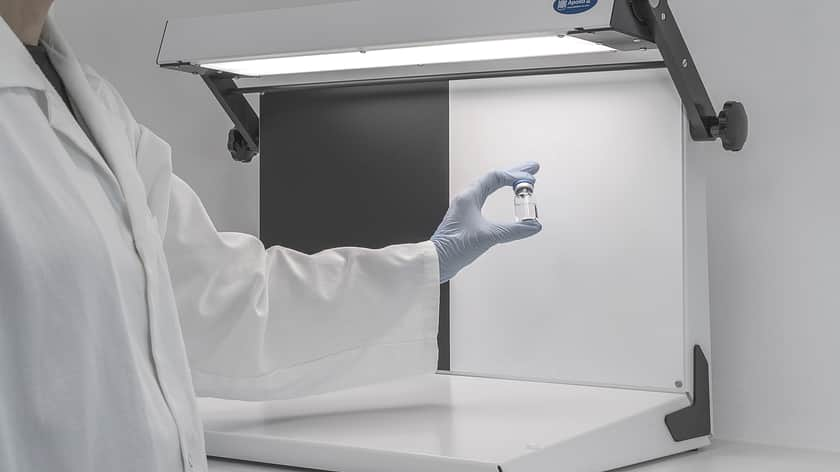
Why is liquid inspection pivotal to the pharmaceutical manufacturing process?
Why is liquid inspection pivotal to the pharmaceutical manufacturing process? Read more -

Misconceptions In Freeze Drying: Rubber Stoppers
All you need to know about stoppers for freeze drying Read more -
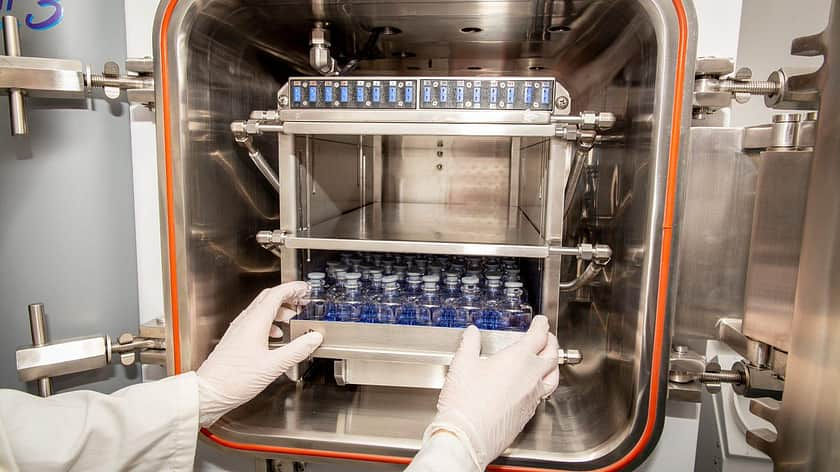
Misconceptions In Freeze Drying: Glass Vials
Why using the right vial for freeze drying matters. Read more -

Protect your Drug with Vial Sleeves
From contamination risk mitigation to anti-counterfeiting, vial sleeves have a multitude of benefits. In this article we focus on safety. Read more -

Pharmaceutical Primary Packaging: What is it?
The term primary packaging refers to the layer of packaging in direct contact with your pharmaceutical product Read more -

Introducing Anoxos®
You may well recognise the internally sterile nitrogen filled vial, as it has been part of Adelphi’s portfolio for nearly 30 years! Read more -
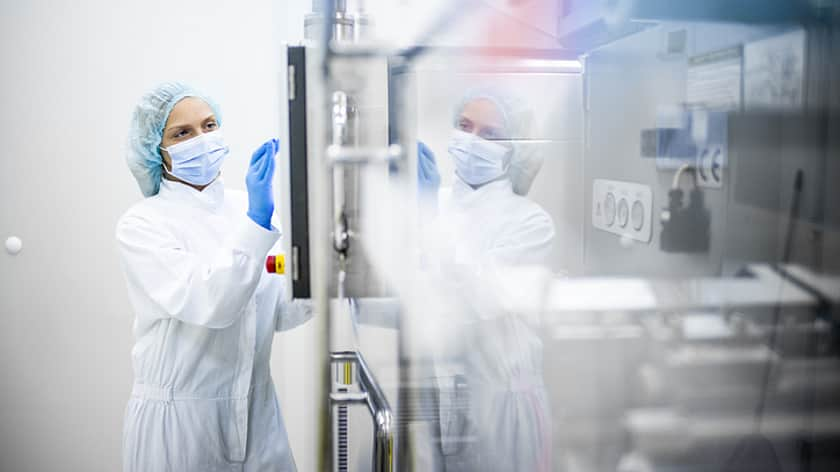
Exploring Annex 1 in the Pharmaceutical Industry
Exploring the Good Manufacturing Practice (GMP) regulation. Read more -
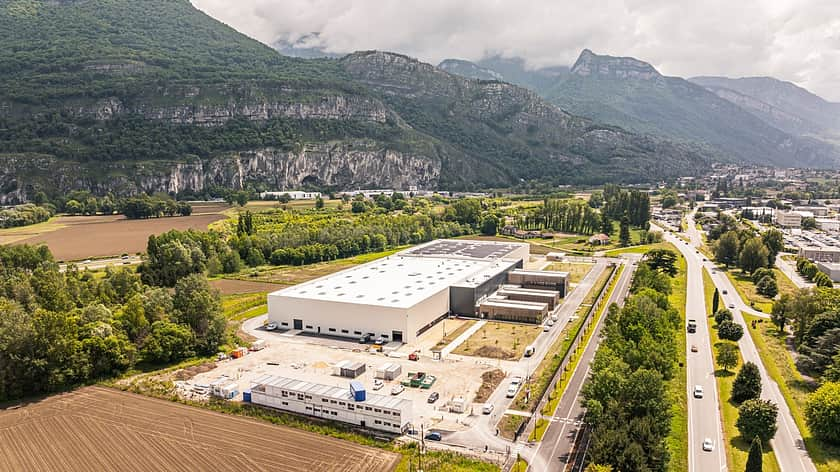
Distribution Agreement for RayDyLyo® Vial Caps
Our stockholding and distribution agreement for RayDyLyo® caps Read more -

5 Things to Consider when Choosing a Vial-Closure for Drug Development Projects
We offer advise on choosing the ideal seal or push-fit cap for your drug vial. Read more -

5 Things to Consider when Choosing a Rubber Stopper for Drug Development
Stoppers come into direct contact with your formulation - we help you to choose wisely. Read more